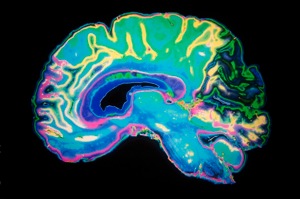 While we eat well and exercise to prevent disease, studies show one of the best ways to stay healthy is to hang out with friends. Studies have linked socialization with better heart health, warding off depression, and preventing memory loss.
While we eat well and exercise to prevent disease, studies show one of the best ways to stay healthy is to hang out with friends. Studies have linked socialization with better heart health, warding off depression, and preventing memory loss.
In fact, research shows social isolation carries the same health risks as smoking, obesity, and physical inactivity, and that regular social interaction can improve your odds of survival by 50 percent.
More people than ever live alone today, almost one third of the US population. This means people have to make an effort to socialize.
And if you think all those hours on Facebook are a substitute for in-person socialization, think again. Although social media is great for connections, online conversations tend to center around what’s “cool” or socially relevant, while in-person conversations go more in depth into sharing life experiences. Important social cues such as body language, facial expressions, and vocal inflections also go missing online.
Having friends prevents dementia
The more socially active people are the lower their risk for cognitive decline and dementia, especially if they have high risk factors, such as high blood pressure or diabetes.
Although researchers don’t understand exactly how socialization prevents dementia, they have several ideas. Friends and family may offer support in seeking health treatment when necessary. A rich social life also exercises the brain and fosters connections between neurons, which is vital to preventing cognitive decline and dementia. Social activity also inhibits chronic stress a notorious destroyer of brain function.
Bad socialization is worse than no socialization
Although studies show regular social interaction is good for health, negative and stressful relationships are not good for health. Research shows being in a strained, unsupportive marriage carries a higher risk of depression than being single. One study showed that people in stressful marriages healed from wounds more slowly than those in happy relationships. Women seem to be more negatively impacted by a bad relationship than men.
How to cultivate a healthy social life
Staying socially active doesn’t come naturally to everyone. If you’re interested in improving your health and preserving your brain function, here are some tips to incorporate regular social activity into your life:
- Don’t wait for others to call or invite you out. Pick up the phone and schedule time with friends.
- Volunteer. This can make a difference in other people’s lives and provide you with healthy social interaction.
- Get a job. If you don’t work or work at home, spending some time working out of the home can expand your social life.
- Find groups of people with similar interests or hobbies through the local paper or meetup.com.
- Take some classes. Learning new things not only provides healthy brain stimulation but also exposes you to more people with similar interests.




